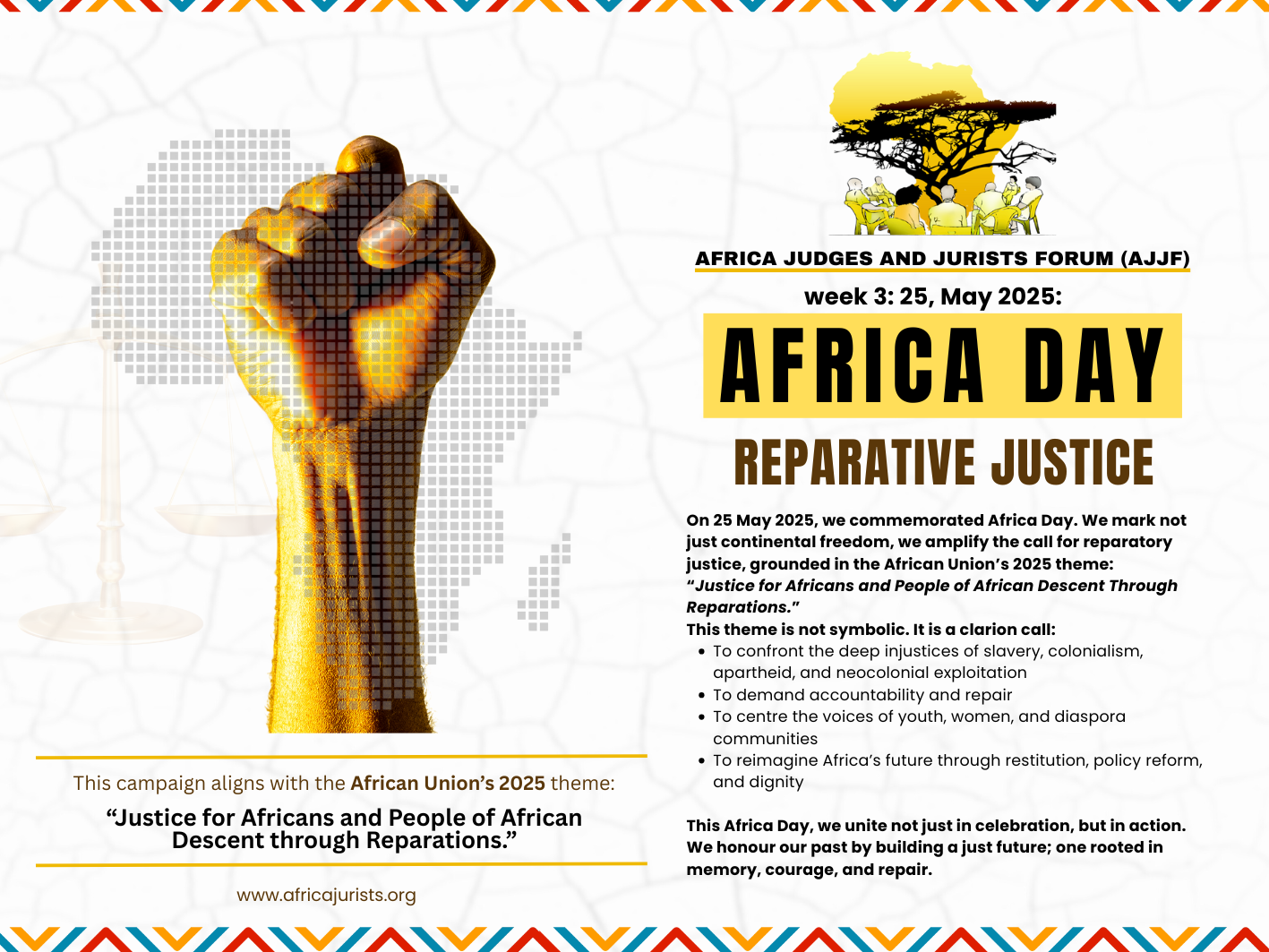African Union Seeks Reparations from Former Colonial Powers, Citing Historical Injustices and Ongoing Economic Disparities

The African Union (AU) is intensifying its campaign for "meaningful reparations" from former colonial powers, including Britain, for historical crimes such as the transatlantic slave trade and colonialism. This renewed push, highlighted as the AU's 2025 theme, aims to address what African leaders describe as systemic injustices that continue to impact the continent's economic development. The movement seeks not only financial compensation but also the return of cultural artifacts and reforms to global economic practices.
Historically, slavery existed in various forms across Africa before European involvement. European traders primarily purchased enslaved individuals from African merchants and rulers who transported captives from the interior to coastal trading posts. For instance, the Kingdom of Benin participated in selling enslaved people, and some African leaders, like King Ghezo of Dahomey, even resisted the abolition of the slave trade due to its profitability.
Britain became a dominant force in the transatlantic slave trade, transporting millions of Africans to its colonies. However, a significant abolitionist movement emerged, leading to the Slave Trade Act of 1807, which outlawed the trade, and the Slavery Abolition Act of 1833, which abolished slavery in most British colonies. Notably, the 1833 Act included a provision for £20 million in compensation to slave owners, equivalent to billions today, while the enslaved received no such redress.
The contemporary call for reparations by the AU and Caribbean Community (CARICOM) extends beyond direct financial payments to encompass broader structural changes. These demands include the restitution of cultural heritage, debt relief, and the re-configuration of global trade systems to end Africa's dependence on raw commodity exports. The AU emphasizes that reparations are not merely about past wrongs but also about dismantling present-day economic and political systems that perpetuate exploitation.
Daniel Hannan, a prominent figure, commented on the historical context via social media, stating, > "Africans had been enslaving other Africans for thousands of years when Britain put a stop to the trade. Many local kings fiercely resisted, fighting to keep slavery going. So, naturally, African leaders now want money from Britain." This perspective highlights a contentious aspect of the reparations debate, focusing on pre-existing African slavery and resistance to abolition. However, proponents of reparations argue that the unique scale, brutality, and lasting economic impact of the transatlantic slave trade and colonialism warrant comprehensive redress.